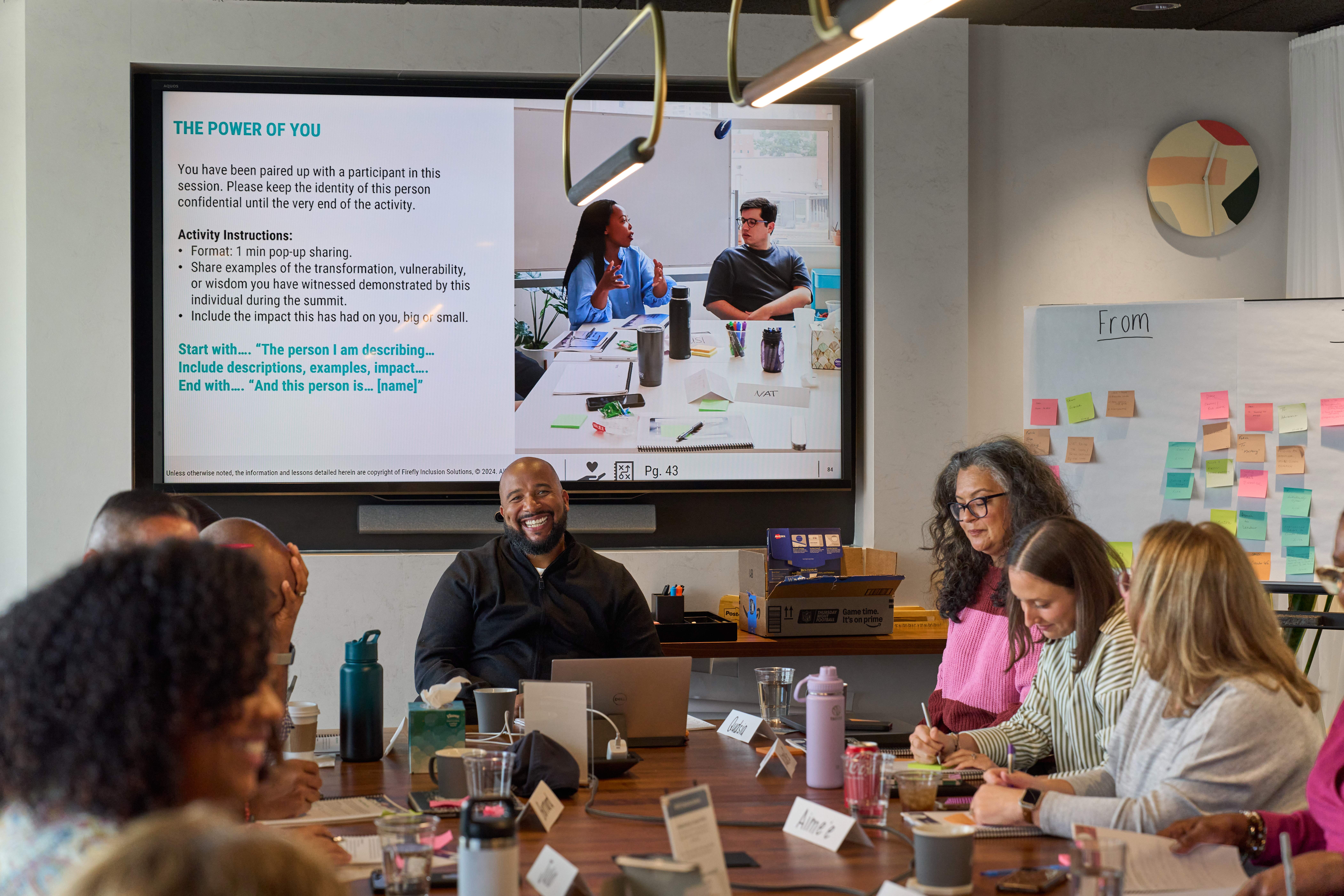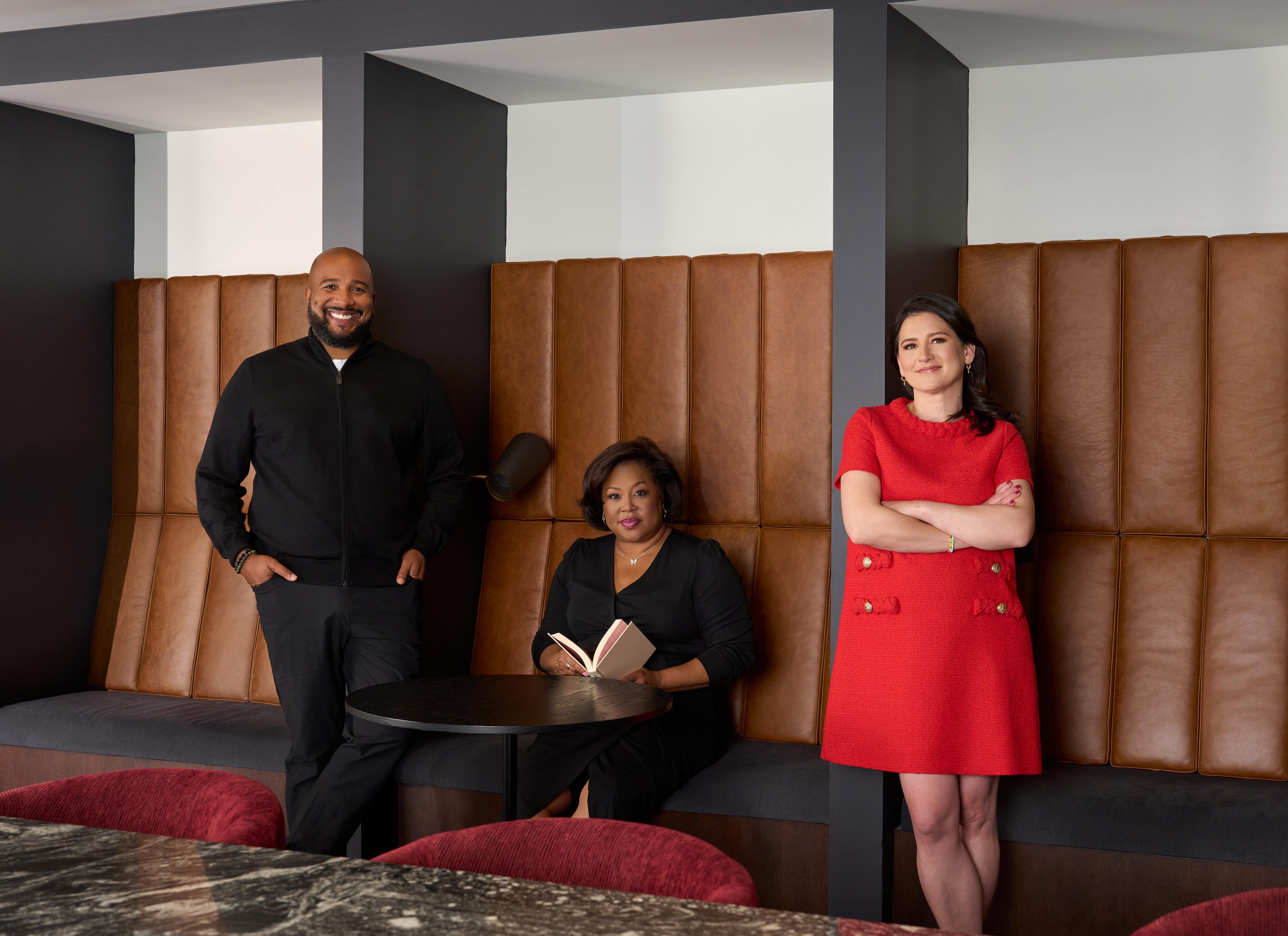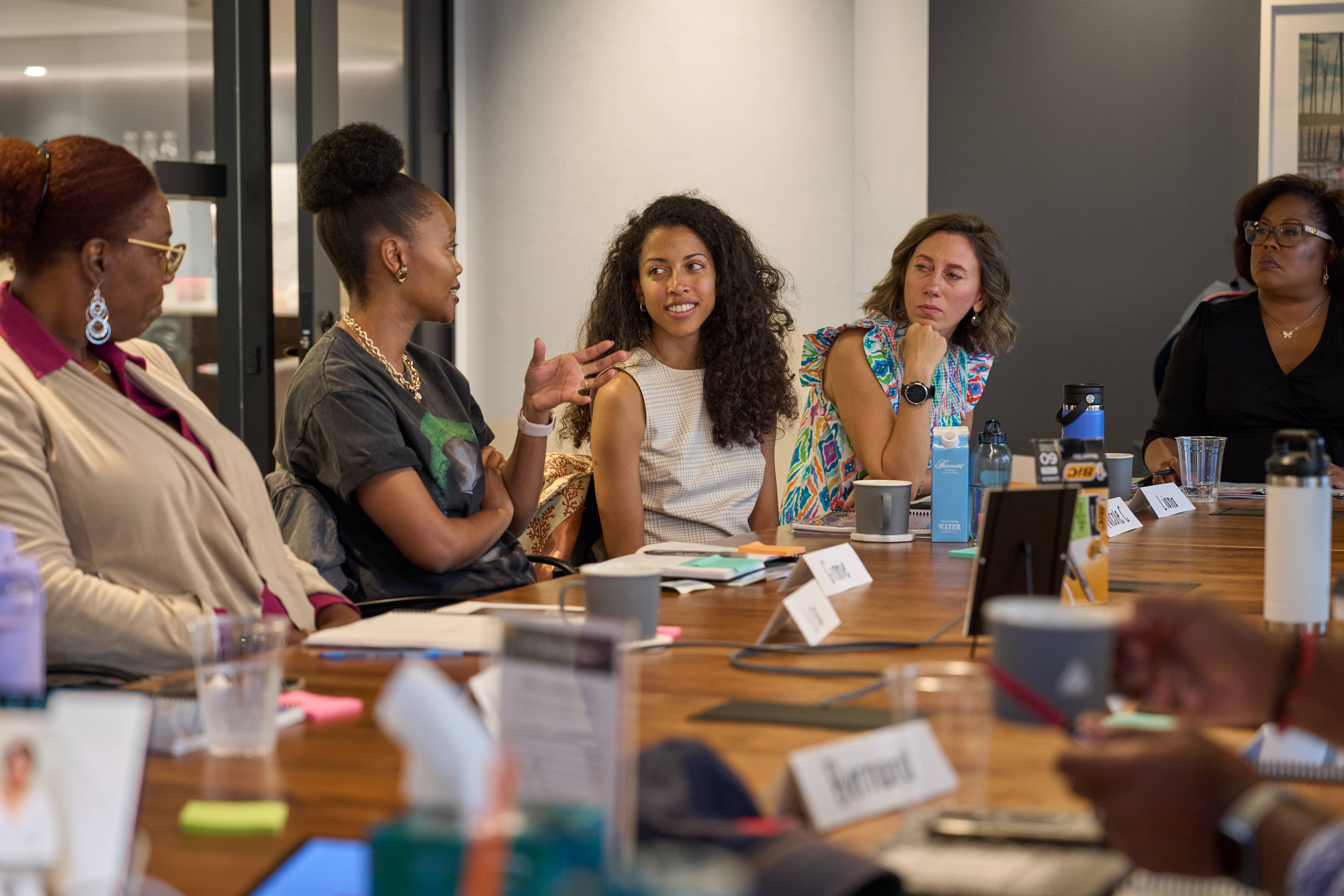The SCOTUS affirmative action ruling in June of 2023, changed the landscape of DEI. The deliberate efforts and campaigns against DEI in higher education and beyond are making it a clear battleground. In recent current events, we have witnessed college presidents dodging questions about antisemitism and intense debates on the efficacy of DEI programs more broadly. Practitioners and leaders are grappling with the broader implications of these anti-DEI efforts in the workplace and our seemingly fragile democracy. As these discussions spill over into the private sector, it is imperative for us to reclaim agency, foster civil dialogue, and equip leaders to navigate difficult conversations amidst profound differences.
This quarter’s DEI Practitioner Round Table was co-hosted with Dr. Teri McMurtry-Chubb, a seasoned law professor and historian. Our session aimed to enrich our community to tackle pressing challenges and collaboratively devise strategies for success. Make sure to fill out the form below to read some of the top insights shared by practitioners in the session:
Participants were also asked what was top of mind for them in 2024. The significance of finding support in community, working with intentionality, a mindset of preparation, and learning ways to resist the attack were stressed as crucial factors for success in the coming year. In terms of self-care and countering the stress of the industry, participants cited the need for gratitude, joy, courage, human-centered approaches, and proactive problem-solving emerged as guiding principles that can help to shape our collective path forward.
The session wrapped up by addressing the sobering impact of anti-CRT legislation, as well as the historical patterns and tools used to stifle individual human rights. We also showcased a social justice incubator in education and presented hopeful initiatives through student projects. Our call to action was to urge participants to figure out ways to collaborate across industries, pool resources, and take proactive steps to tackle the challenges ahead.
The need to be organized and strategic as we navigate this intricate landscape is clear. There are many ways we can turn challenges into opportunities for positive change. Key to our survival and resistance is the need for open conversations, pooling our resources and knowledge so that we can collectively shape a more inclusive society.
In the meantime, we must be willing to do what Frederick Douglass recommended when asked what could be done to preserve and enhance the rights of all Black people – agitate!
Welcome to our ongoing dialogue.
Paragraph



